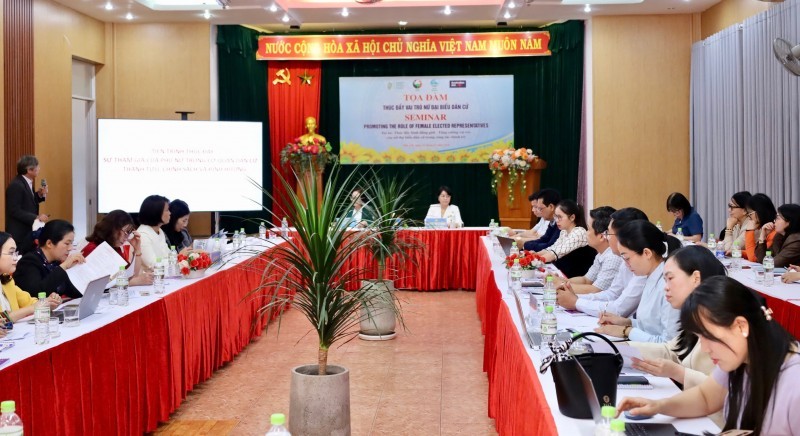Harnessing Technology and Innovation for Social Inclusion & Gender Equality
 |
| DigitALL: Innovation and technology for gender equality is the theme for International Women's Day in 2023. |
“Technology compensates for my eyes", said Huong, a visually impaired student at Nguyen Dinh Chieu School in Hanoi.
Huong is one of many whose life has been transformed by digitalization. Before, Huong’s mother, Ms Hanh, sat next to her every night and every morning to reach each page for her to study. Now, Hung can use smart tools to access printed information just like a sighted person. This has opened a world of possibilities.
We have all experienced the transformative power of digitalization. If not, this is what Huong tells us. Her story is an example of how the digital revolution creates enabling conditions in which all can thrive.
During the COVID-19 pandemic, the whole world shifted into online spaces like never before. It proved that digitalization transforms how we work, learn, interact, and communicate. It opens new opportunities and breaks down traditional barriers to actively participate. It can improve well-being, education, health and livelihoods. For women and girls, digital transformation provides a unique opportunity to challenge gender stereotypes and shape their futures. Huong’s story is an excellent testament to this.
Yet, innovation and technology also risk perpetuating gender stereotypes and exacerbating inequalities.Women’s exclusion from the digital world has shaved $1 trillion from the gross domestic product of low- and middle-income countries in the last decade— a loss that will grow to $1.5 trillion by 2025 if no action is taken. Technological and digital innovation create, eliminate, and transform jobs, all in parallel.[1] With IR4.0, automation and technological advancements will drastically cut demand for unskilled and low-skilled labour. Up to 86% of workers in Vietnam's textile and footwear industries are at risk of losing their job within the next 15 years.[2]
This year’s International Women’s Day spotlights the digital divide between men and women and calls for an inclusive digital and technological transformation for everyone, everywhere. This theme is particularly timely and relevant in Viet Nam as the Government embarks on an ambitious digitalization journey. Digital transformation is needed in society and in the economy. It is considered as a vehicle to increase productivity, stimulate innovation, and ensure that Viet Nam remains competitive internationally. Viet Nam has already come a long way in providing equal access to technology, particularly to information and communications technology (ICT). Across the country’s 63 provinces, there is no noticeable difference between women and men, girls and boys, in access to ICT, exposure to media, mobile phone use, and having basic ICT skills.[3] 91% of women and girls in Viet Nam use cell phones[4].
Although having a device is critical, it is not sufficient for women and girls to harness the potential of digitalization.[5] Women must also have equal opportunities to shape technologies and lead innovation. This starts in school. Boys significantly outnumber girls in pursuing careers in science, technology, engineering and mathematics (STEM). In Viet Nam, only 36% of female graduates completing tertiary education are in STEM fields. 78% of students enrolled at Polytechnic University in Hanoi are male.[6] Girls who pursue STEM education must first surmount a series of systemic, social and cultural barriers. Research finds that both teachers and female students had internalized cultural biases about their suitability to pursue STEM.
With the gap between girls and boys pursuing STEM, it comes as no surprise that innovation and tech industries have the greatest gender imbalance of all sectors.[8] [9] According to the International Labor Organization, women account for only 37% of the tech workforce.[10] [11]
Studies show that companies with greater gender parity do better financially. Bringing women into technology results in more creative solutions and has greater potential for innovations that meet women’s needs and promote gender equality. A UNESCO conference held in Hanoi in 2015 already advocated that “the world needs science and science needs women.” [13]
The equal inclusion of girls in STEM fields today lays the foundation for Viet Nam’s prosperous digital transformation tomorrow. To meet the aspiration of becoming a high-income country by 2045, Viet Nam’s digital journey must include all citizens as active contributors. This will also prove key to unlocking Viet Nam’s continuous economic growth [14] and achieving greater social inclusion in line with the 2030 Agenda for Sustainable Development. Three steps to take:
-
Ensure gender-responsive policies on digital transformation and innovation.
-
Break down barriers for girls to become future innovators and leaders in STEM.
-
Anticipate the future of work. Ensure access to upskilling and reskilling programmes.
Let’s not replicate barriers for women and girls’ participation in the workplace of the future. On International Women's Day, join us in committing to a world where innovation and technology are harnessed to create a more equitable and just society.
|
For more information on UN in Vietnam Policy Brief DigitALL - Innovation and technology for Gender Equality in Viet Nam.
References:
[1] Commission on the Status of Women Sixty-seventh session 6–17 March 2023 Item 3 (a) of the provisional agenda*, entitled “Women 2000: gender equality, development and peace for the twenty-first century”: implementation of strategic objectives and action in critical areas of concern and further actions and initiatives, p. 9
[2] Tri, Minh Nguyen, Research in World Economy, “Impact of Industrial Revolution 4.0 on the Labour market in Viet Nam, DOI: 10.5430/rwe.v12n1p94
[3] UNICEF, Viet Nam SDGCW Survey 2020-2021 https://www.unicef.org/vietnam/media/8696/file/Mass%20media%20&%20ICT.pdf
[4] WPS Index 2021-2022, page 85 https://giwps.georgetown.edu/wp-content/uploads/2021/11/WPS-Index-2021.pdf
[5] Commission on the Status of Women Sixty-seventh session 6–17 March 2023 Item 3 (a) of the provisional agenda*, entitled “Women 2000: gender equality, development and peace for the twenty-first century”: implementation of strategic objectives and action in critical areas of concern and further actions and initiatives.
[6]2021. “Sinh Viên Nữ Trong Khối Ngành Stem Trên Thế Giới và Việt Nam - Thực Trạng và Bài Học.” Tạp Chí Công Thương. September 17, 2021. https://tapchicongthuong.vn/bai-viet/sinh-vien-nu-trong-khoi-nganh-stem-tren-the-gioi-va-viet-nam-thuc-trang-va-bai-hoc-83675.htm.
[7] Commission on the Status of Women Sixty-seventh session 6–17 March 2023 Item 3 (a) of the provisional agenda*, entitled “Women 2000: gender equality, development and peace for the twenty-first century”: implementation of strategic objectives and action in critical areas of concern and further actions and initiatives, p. 6
[8] ONLINE, TUOI TRE. 2022. “Ngành Công Nghệ Thông Tin ‘Khát’ Nhân Lực Nữ.” TUOI TRE ONLINE. August 15, 2022. https://tuoitre.vn/nganh-cong-nghe-thong-tin-khat-nhan-luc-nu-20220815132455884.htm.
[9] “Women Levelling the Playing Field in Tech.” 2022. En.vcci.com.vn. June 4, 2022. https://en.vcci.com.vn/women-levelling-the-playing-field-in-tech.
[10] UNWOMEN, 2019. Country Gender Equality Prole – Viet Nam
[11] “Vietnamese Women Are Increasingly Well Prepared for Decision-Making Roles in Businesses.” 2020. Www.ilo.org. November 17, 2020. https://www.ilo.org/hanoi/Informationresources/Publicinformation/Pressreleases/WCMS_761182/lang--en/index.htm.
[12] International Monetary Fund (IMF), 2018. https://www.imf.org/en/Blogs/Articles/2018/11/28/blog-economic-gains-from-gender-inclusion-even-greater-than-you-thought.
[13] Policy Dialogue “Gender Equality in digital transformation in Viet Nam: opportunities and challenges’, 3rd March 2023, Hanoi
[14] https://www.imf.org/en/Blogs/Articles/2018/11/28/blog-economic-gains-from-gender-inclusion-even-greater-than-you-thought
 | Inspiring Women: Harnessing the Power of Being Different The stories of these talented women who embrace the extraordinariness reveal how being a “misfit” is just so much better than being ordinary. |
 | Harnessing Power of Sport for Gender Equality A new program ensures that girls and boys can equally practice sports in safe, secure, inclusive and accessible sport spaces in schools. |
 | First Book Fest on Gender Equality Held in Hanoi The first book festival on gender equality was held at the Vietnam Women's Museum, 36 Ly Thuong Kiet (Hanoi) on March 4. In its framework, ... |
Recommended
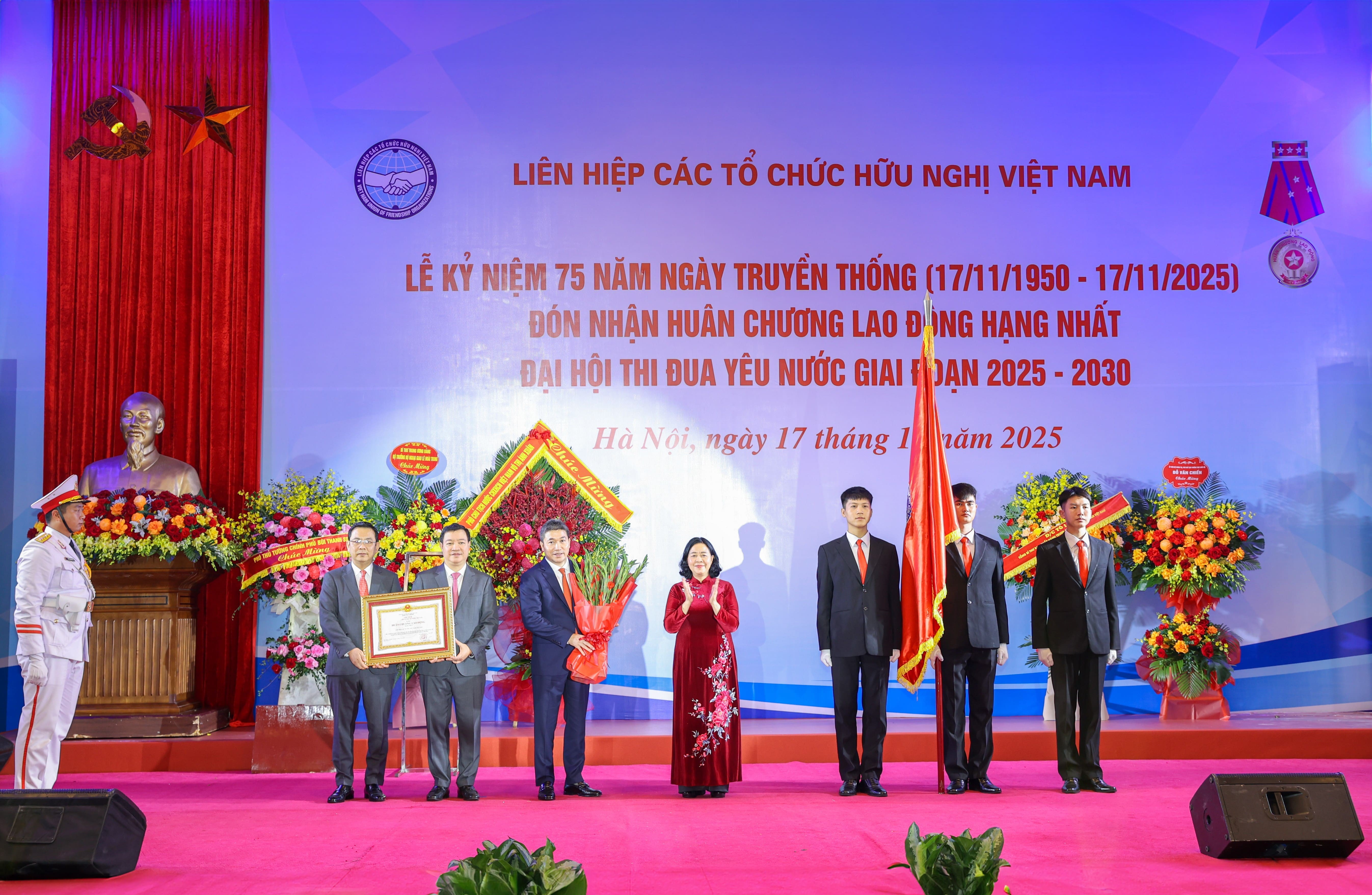 Friendship
Friendship
People-to-People Diplomacy: Change to Reach Further
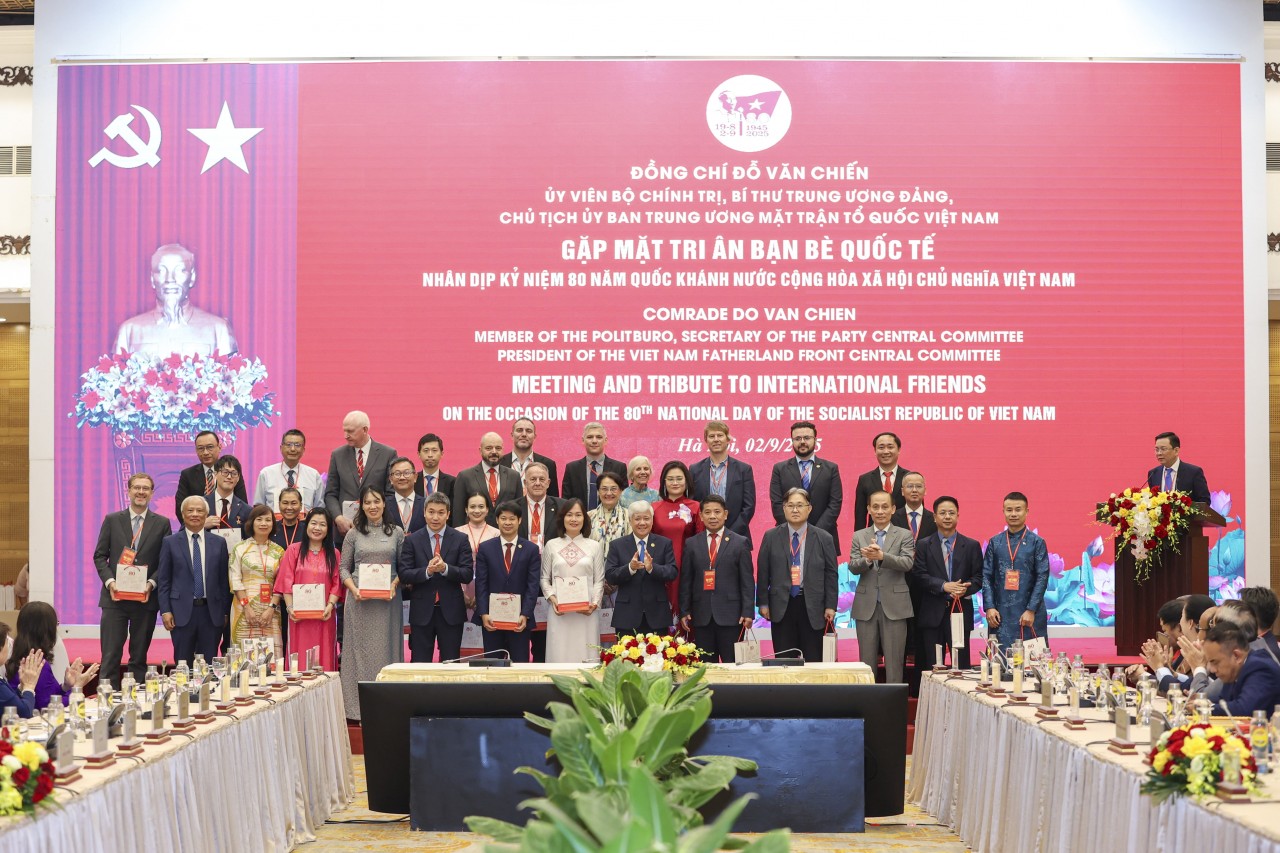 Focus
Focus
Outstanding Highlights of Viet Nam’s People-to-People Diplomacy in 2025
 Friendship
Friendship
Promoting People-to-People Cooperation on the Occasion of the 55th Anniversary of Vietnam-Chile Relations
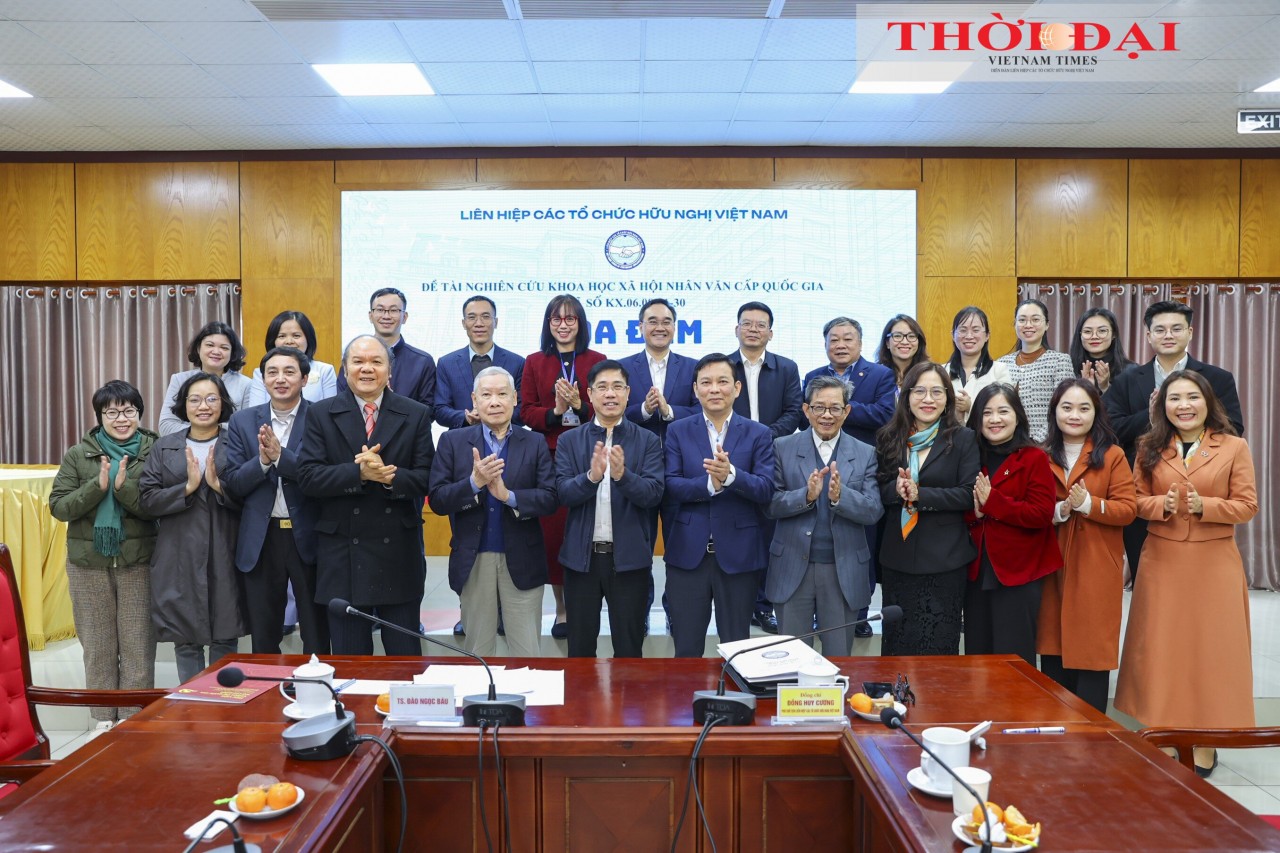 Focus
Focus
Seminar on “The Scientific Foundations of People-to-People Diplomacy in the World”
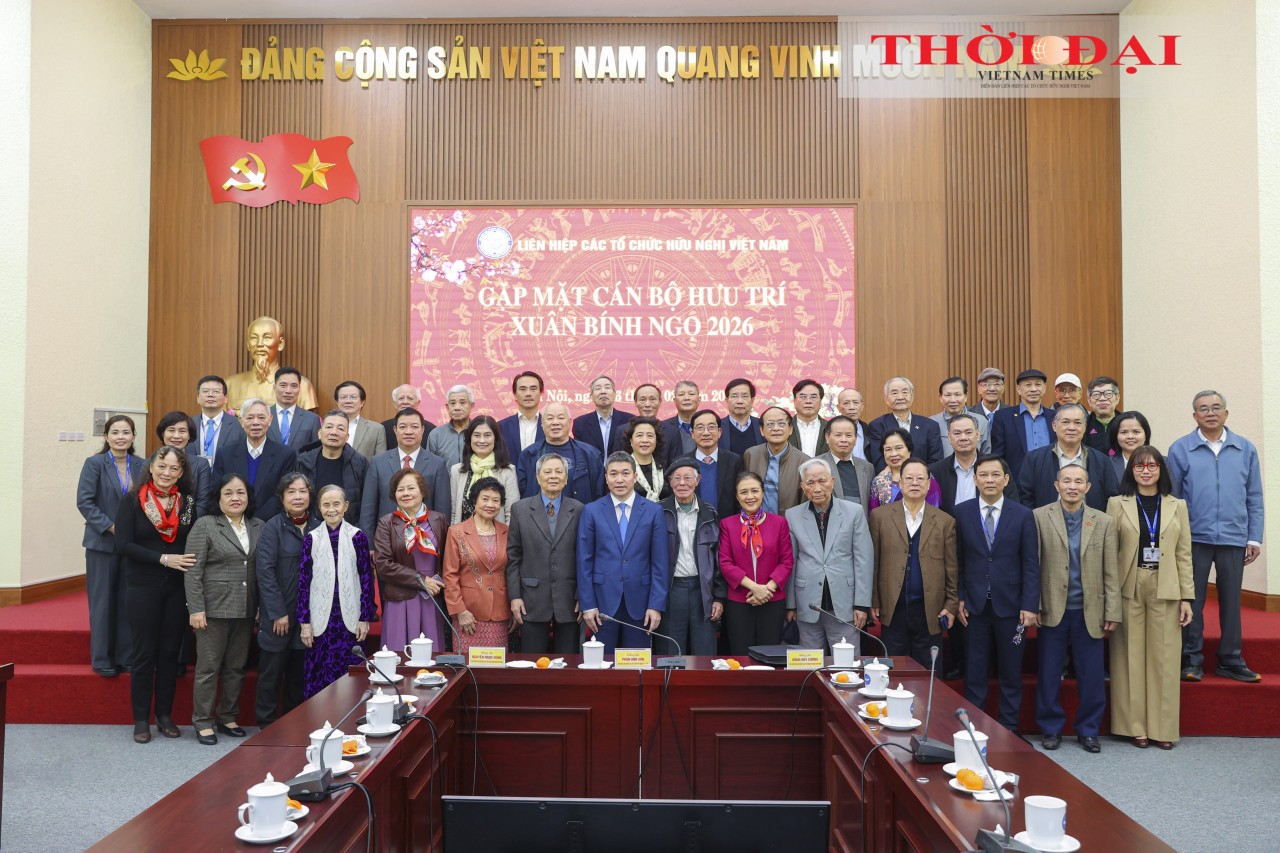 Friendship
Friendship
Viet Nam Union of Friendship Organizations: Strong Renewal in New Stage of Development
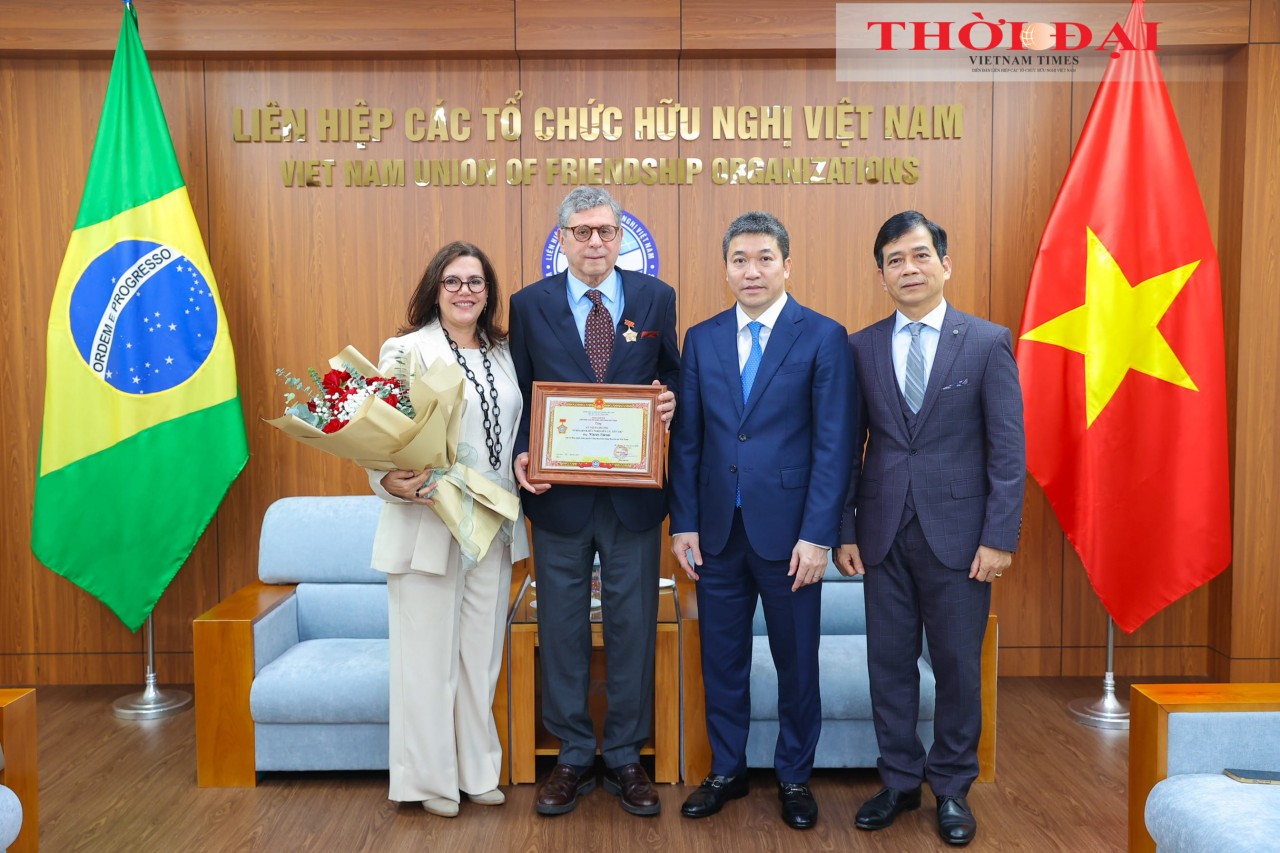 Friendship
Friendship
Recognizing Contributions of Ambassador Marco Farani to Promoting Vietnam-Brazil Relations
 Focus
Focus
Recognizing Contributions of Two George School Teachers to Promoting Vietnam-US People-to-People Exchange
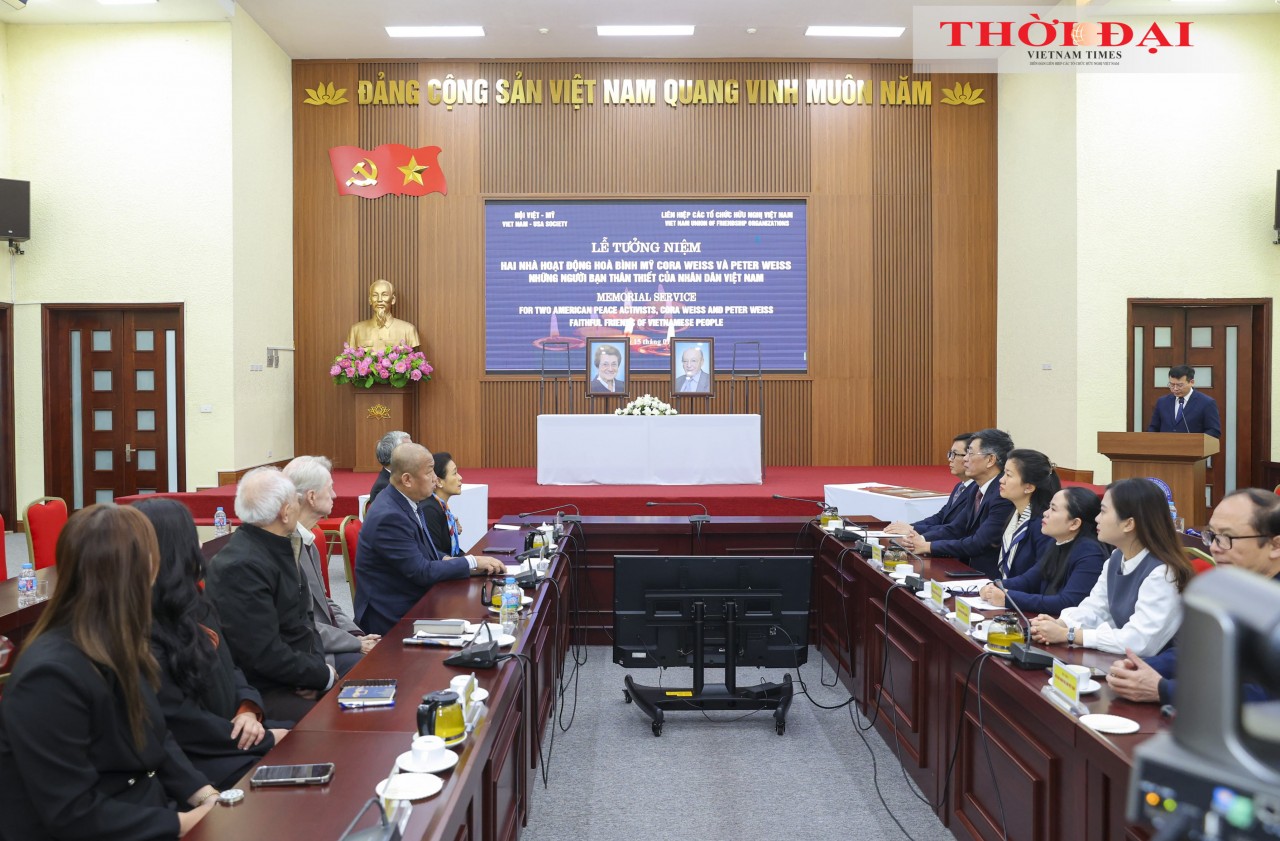 Friendship
Friendship


